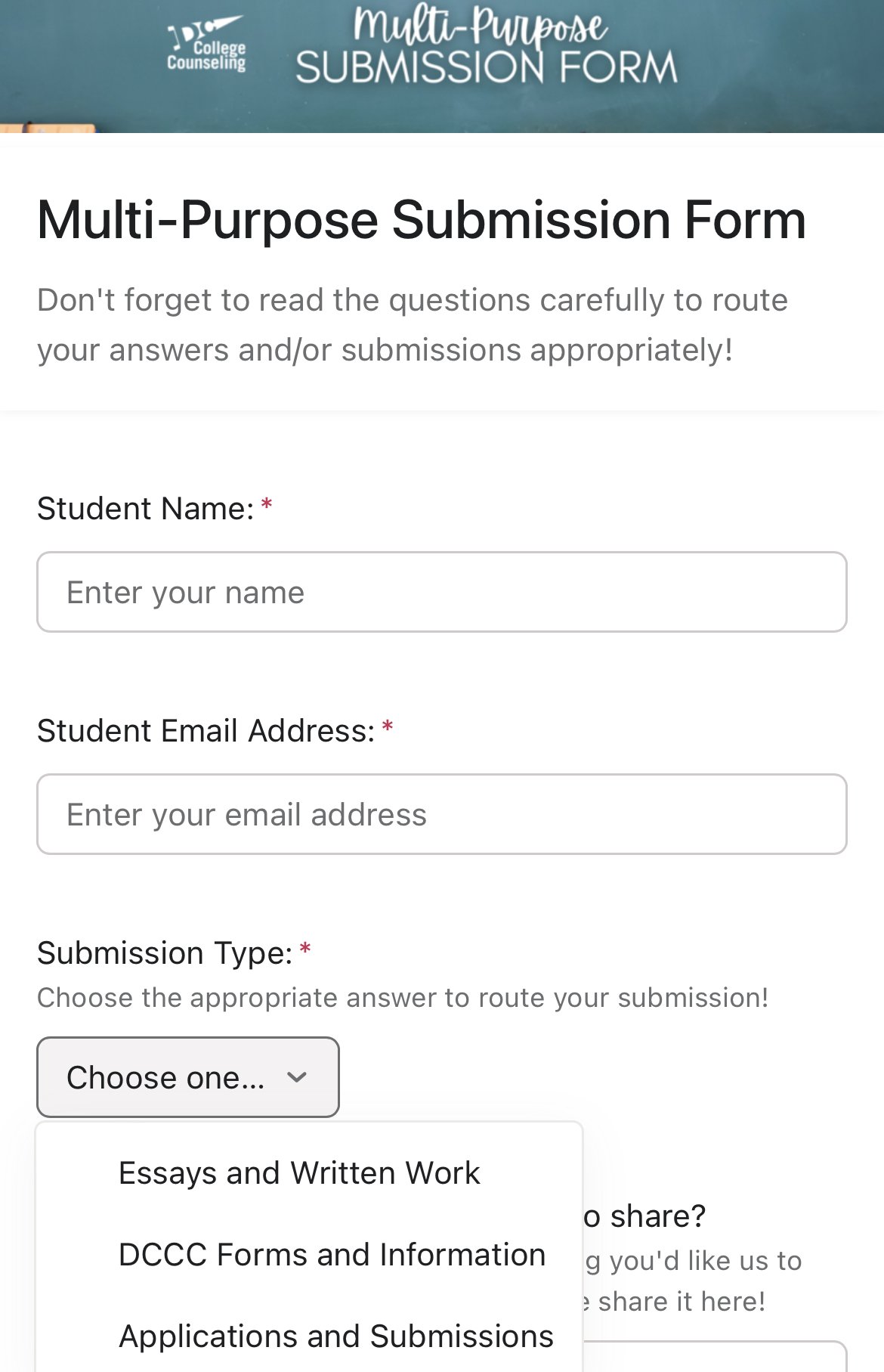There’s good news in store for math lovers and even reluctant math learners: this coming fall, AP Precalculus will make its debut! Today, we’re going to tell you all about this new class and explain why it could be a great addition to your schedule next year.
Why was AP Precalculus Created?
For years, College Board has offered Advanced Placement courses in Calculus AB, Calculus BC, and Statistics. These have been good options for students who took Geometry or higher in ninth grade, and will therefore have a math sequence** that culminates beyond Precalculus.
But what about the students who took Algebra I in ninth grade, or just want a more rigorous math option earlier in high school? That’s where AP Precalculus comes in! The course is designed for a broader range of students– anyone who’s successfully completed Algebra II and Geometry or Integrated Math 3. As College Board explains,
“AP Precalculus will open the door for many students to advanced course studies in mathematics and will bring a college-level course to students who may not have access to other AP math classes.”
And not only does AP Precalculus “open doors” for a more diverse group of students; it’s also been created to help address a significant issue in higher education: weak math skills! According to College Board, one-third of undergraduates don’t actually have college-level math skills. That means many students struggle through required math courses ,and some even have to spend extra time and money on remedial classes. AP Precalculus is meant to empower high schoolers with the foundations they’ll need to successfully navigate college-level math, regardless of their major or future career path.
* Sorry, stats lovers. While these courses are all higher level, that doesn’t mean that colleges regard them equally.
** If you’re confused about how high school math sequencing works, you have to go back to middle school math enrollment to see where it all begins. Check out this blog post to learn more. The average American high school student takes Algebra I in 9th grade and Precalculus in 12th grade. This is not the case in our geographic area, where most students come in at a higher level with Geometry in 9th grade - and some even higher, with Algebra II.
What content is covered in AP Precalculus?
AP Precalculus is rooted in the development of three mathematical practices: procedural and symbolic fluency; multiple representations; and communication and reasoning. To develop these practices, students complete four major units of study: polynomial and rational functions; exponential and logarithmic functions; trigonometric and polar functions; and functions involving parameters, vectors, and matrices. PS: Unit four is NOT included in the AP exam!
Within each unit, there are a series of smaller, more specific topics. We’ll spare you the details so this blog post doesn’t turn into a book, but if you’re curious about the topics, you can take a look at the Course at Glance document. And if you’re really brave, you can delve into College Board’s whopping 183-page AP Precalculus course and examination description.
What are the advantages of AP Precalculus?
One of the big advantages of AP Precalculus is that it’s great preparation for the math you’re likely to encounter in college, regardless of your major. Even if you don’t plan to become an accountant or engineer, you’ll be ready to conquer any general education or core Calculus I requirements.
And if you’re not sure what you want to major in, AP Precalculus could help spark your interest in STEM-related fields. In fact, College Board reported that female students “taking one year of high school precalculus resulted in a 48% increase in the odds of choosing a science or math major.”
There’s also the allure of college credits. You might be able to fulfill a college math requirement if you successfully pass the AP Precalculus exam. Like any AP course, though, there’s no guarantee that your future college or university will accept the credits. Use College Board’s AP Credit Policy Search tool to see which schools offer credit or placement for AP scores - and know that since this particular course is being offered for the first time, schools may not know for sure yet.
Lastly, the AP option is a great way to maximize course rigor for students who plan to take Precalculus anyway. A student who chooses AP Precalculus over Honors Precalculus will show colleges that they have taken the most challenging math course available to them during that particular year.
Who Should Consider Taking AP Precalculus?
AP Precalculus could be a good fit for a range of students, most notably:
Those who began with Algebra I in ninth grade and are ready for more challenging math coursework during their senior year, or are preparing for a STEM-related or business major requiring higher-level math in college
Those who began with Geometry in ninth grade and are preparing to take AP Calculus AB or AP Calculus BC during senior year
Those who began with Algebra II in ninth grade and are preparing to take AP Calculus AB or AP Calculus BC during junior year, and AP Calculus BC or Multivariable Calculus/Linear Algebra during senior year
Like any other advanced placement course, AP Precalculus will be rigorous, and it will take up your time. Before enrolling in the class, think realistically about how it fits in with your math abilities, your academic interests, and your other academic courses. Your counselor and math teachers are good resources to help you make an informed decision.
Additional AP Precalculus Resources
AP Precalculus: An Overview
AP Course Ledger: Check this website throughout the summer to see which high schools will be offering AP Precalculus in the fall.















